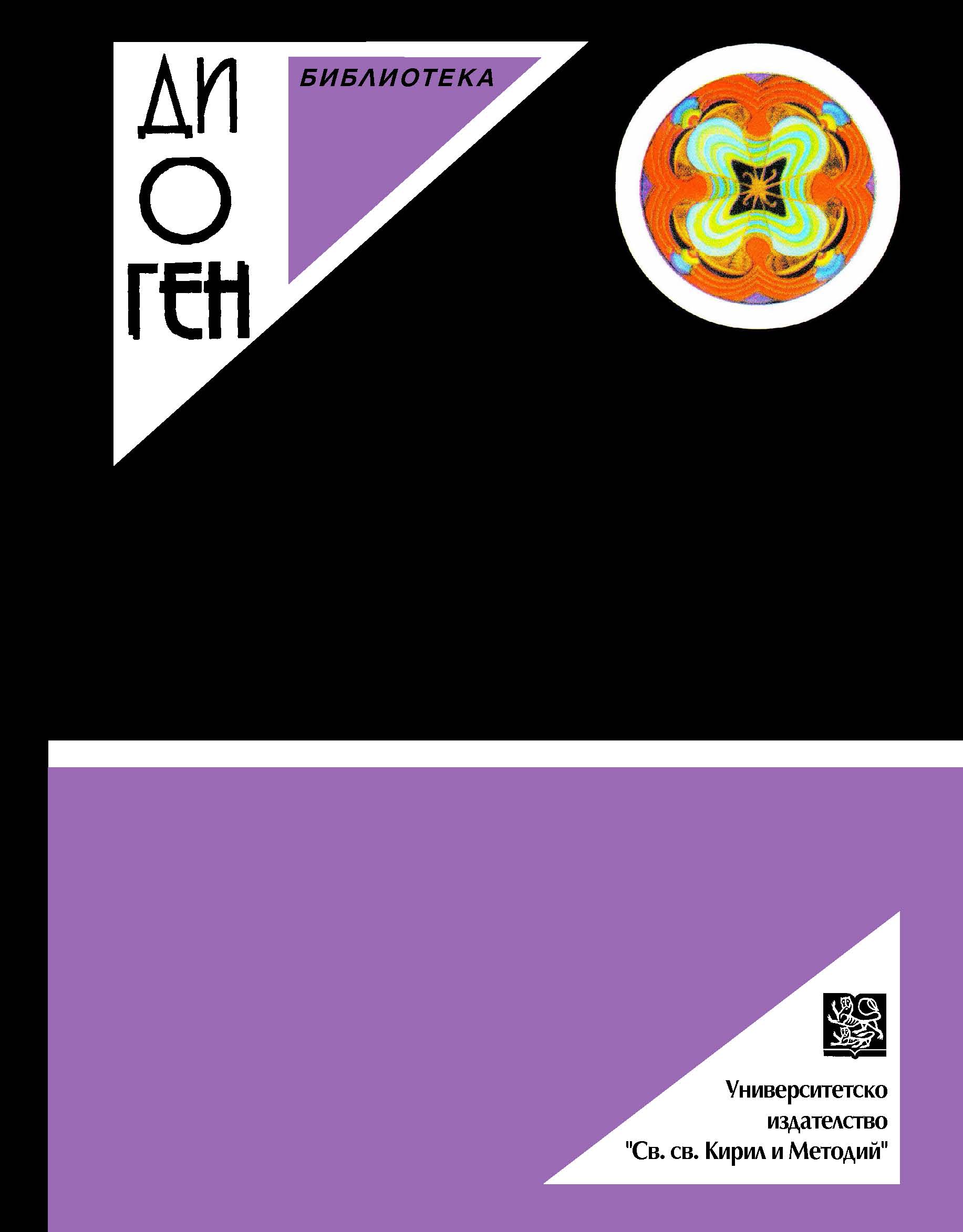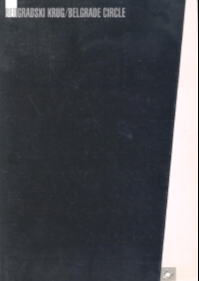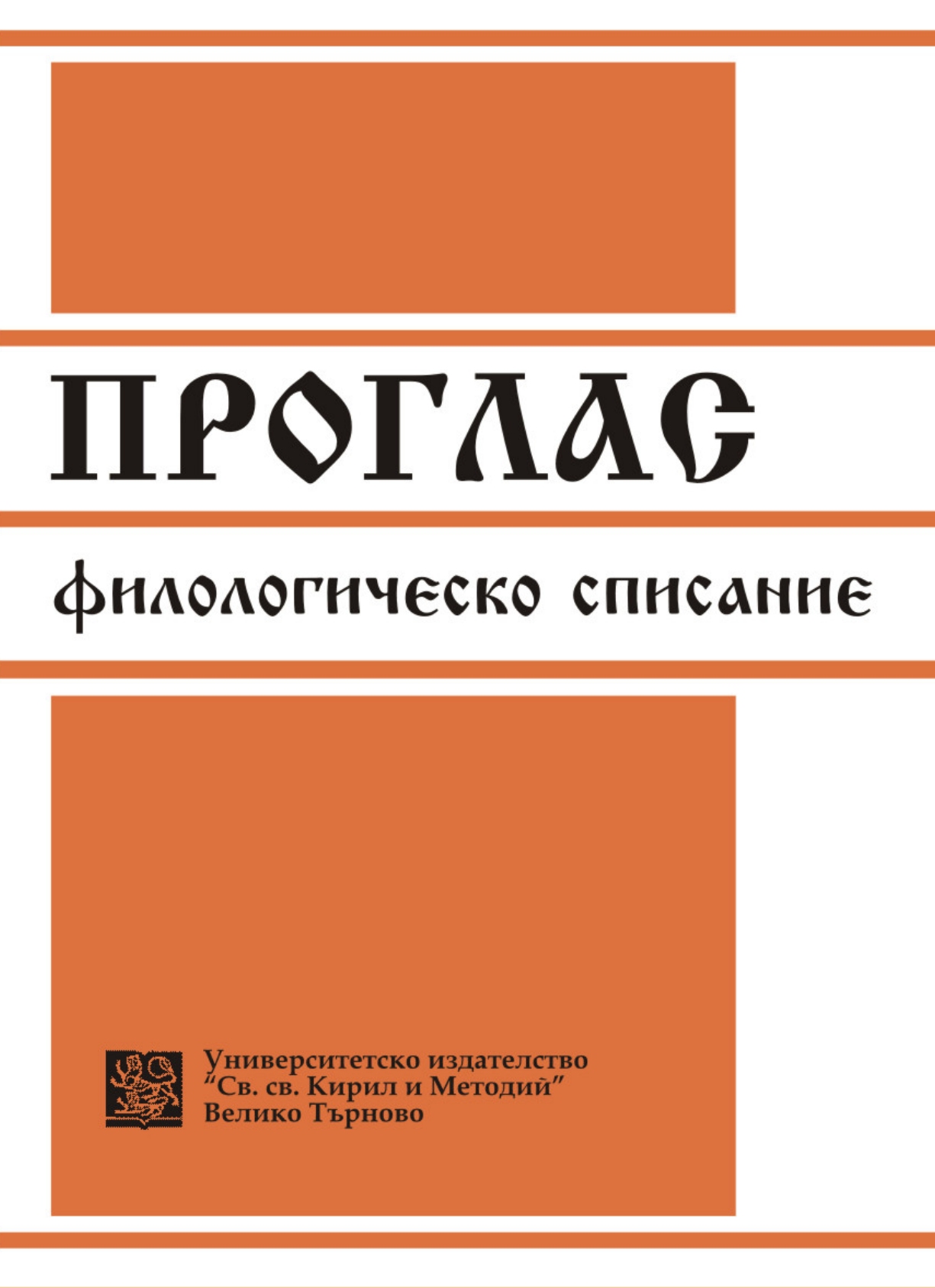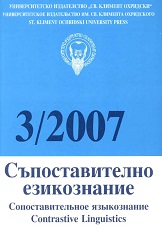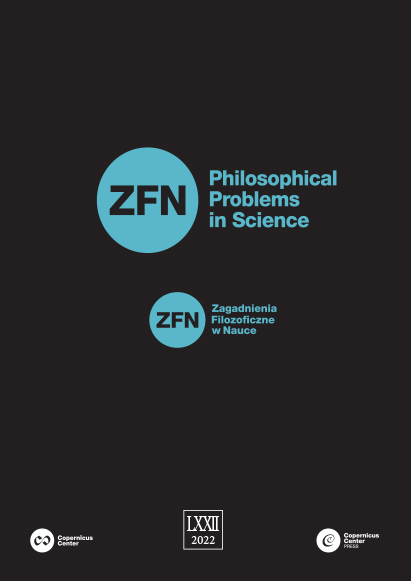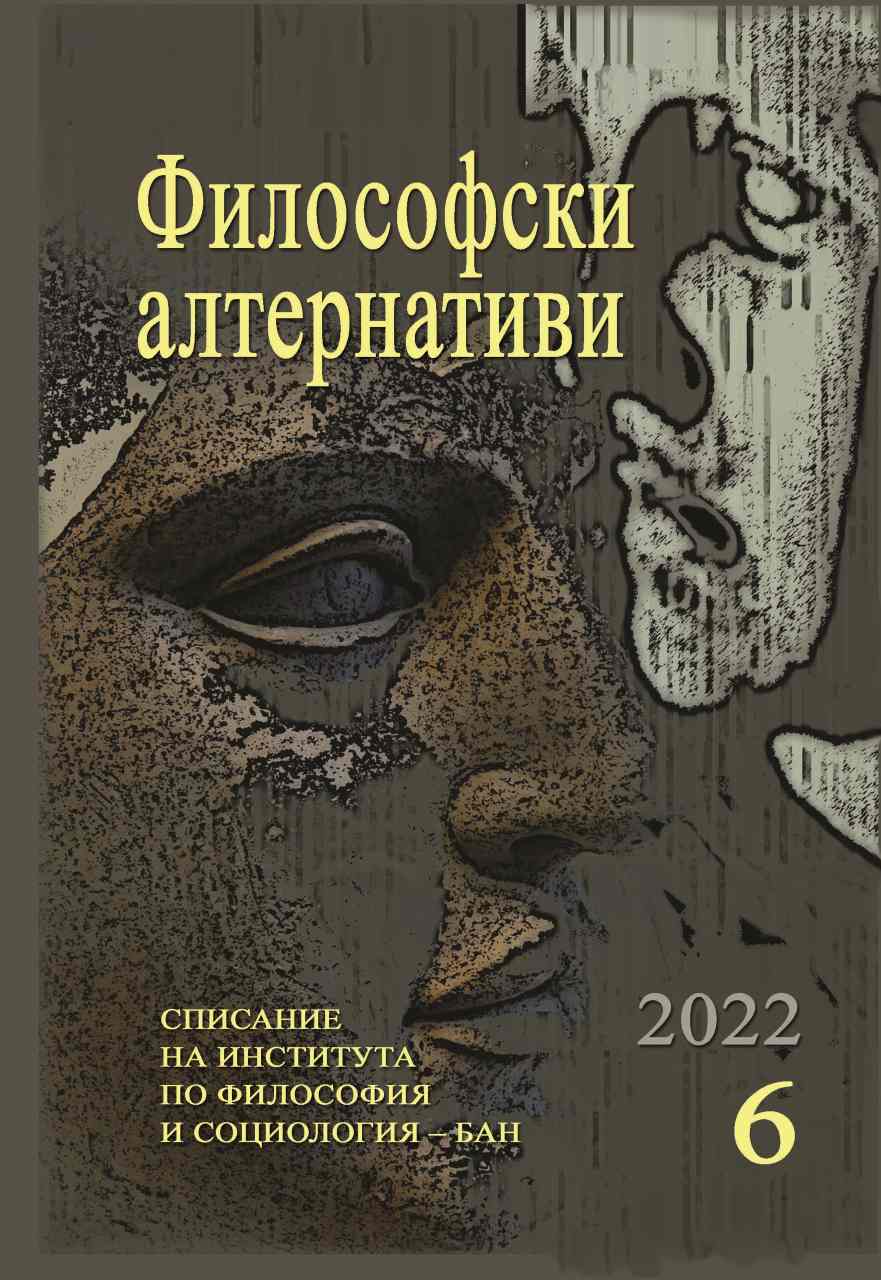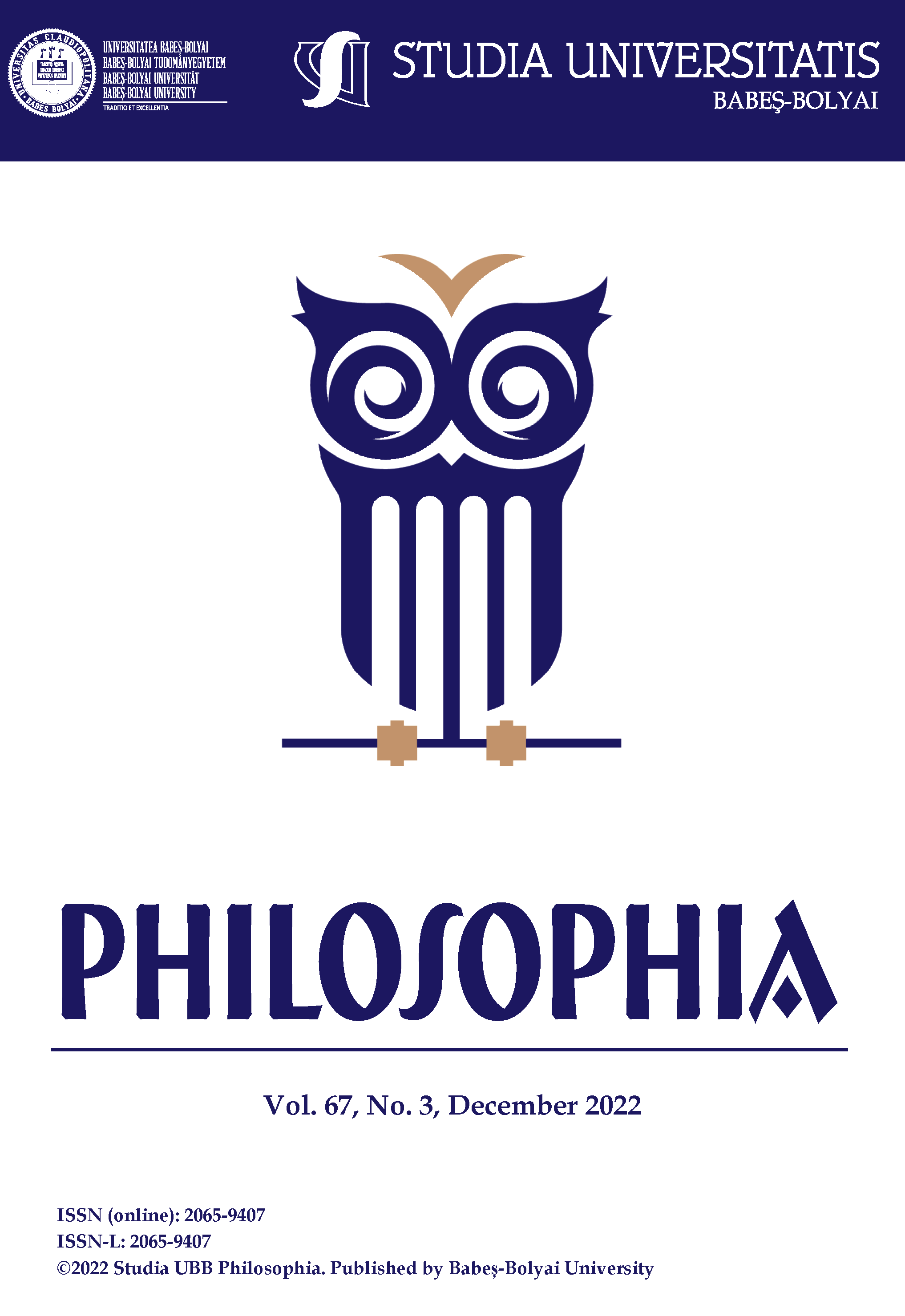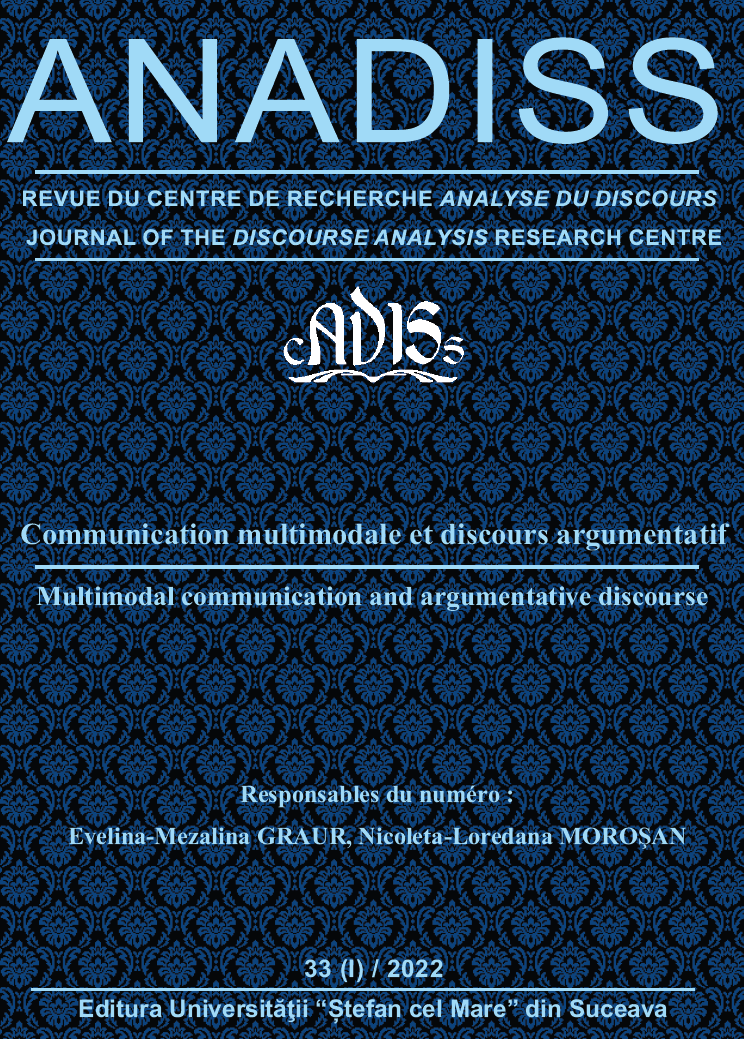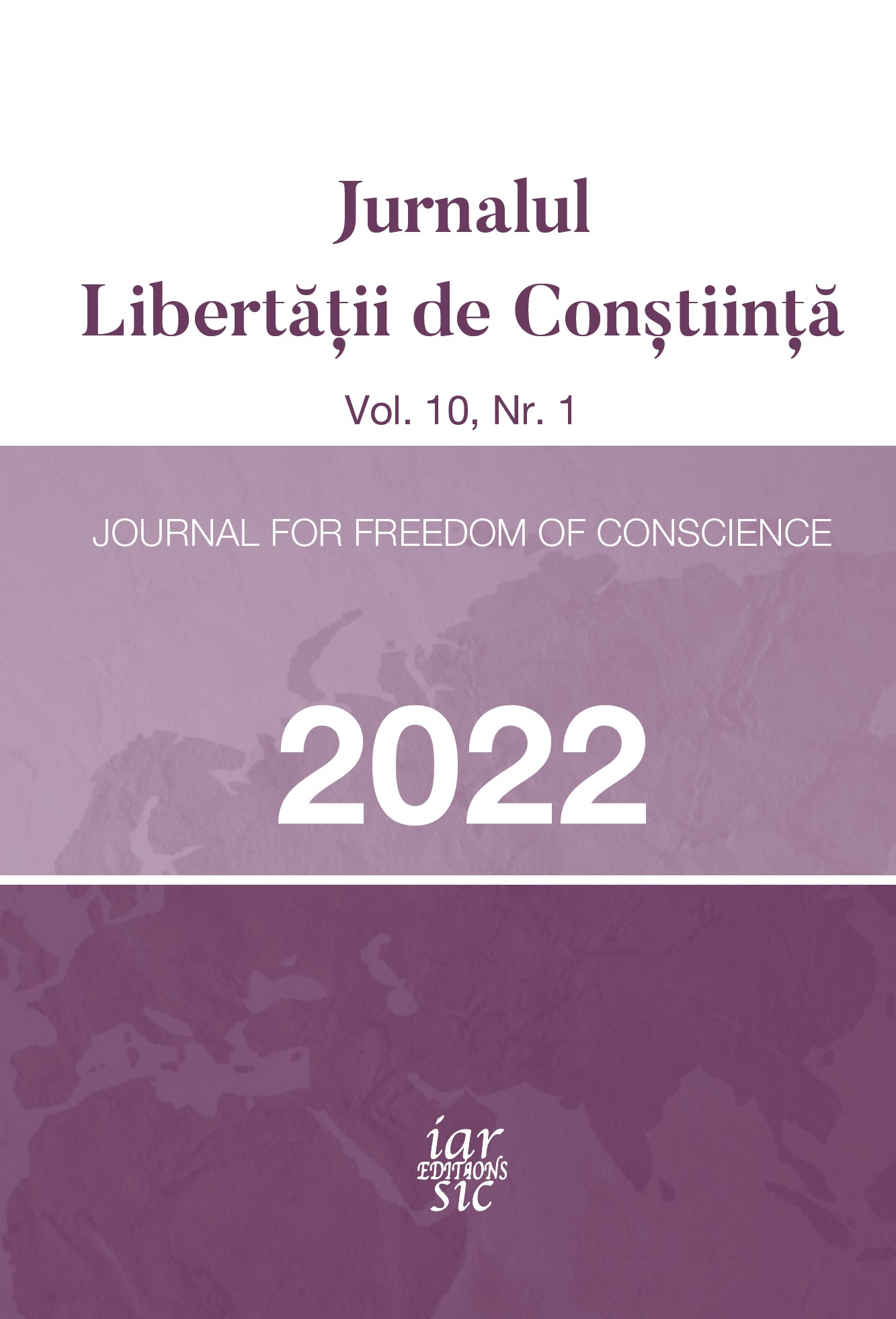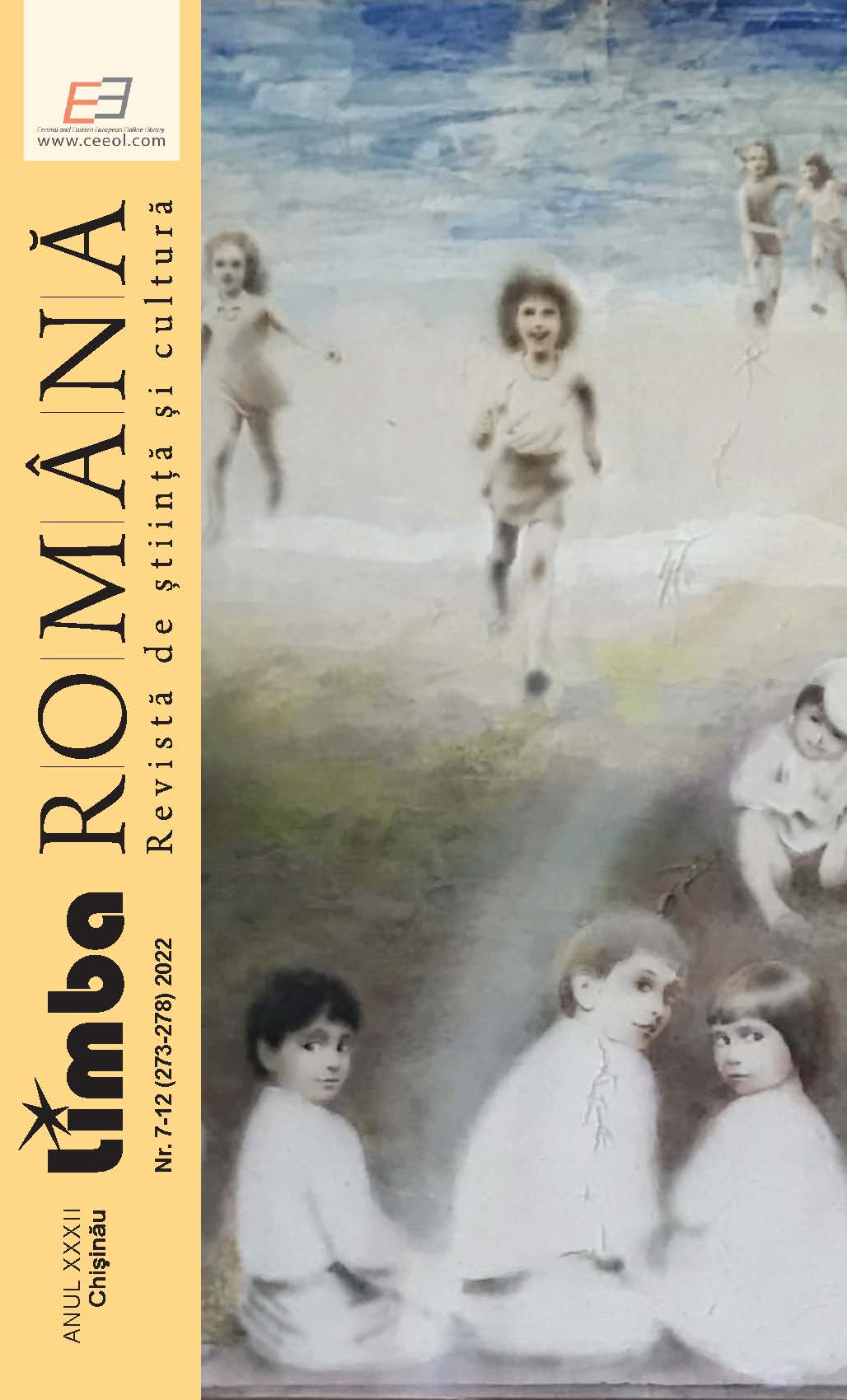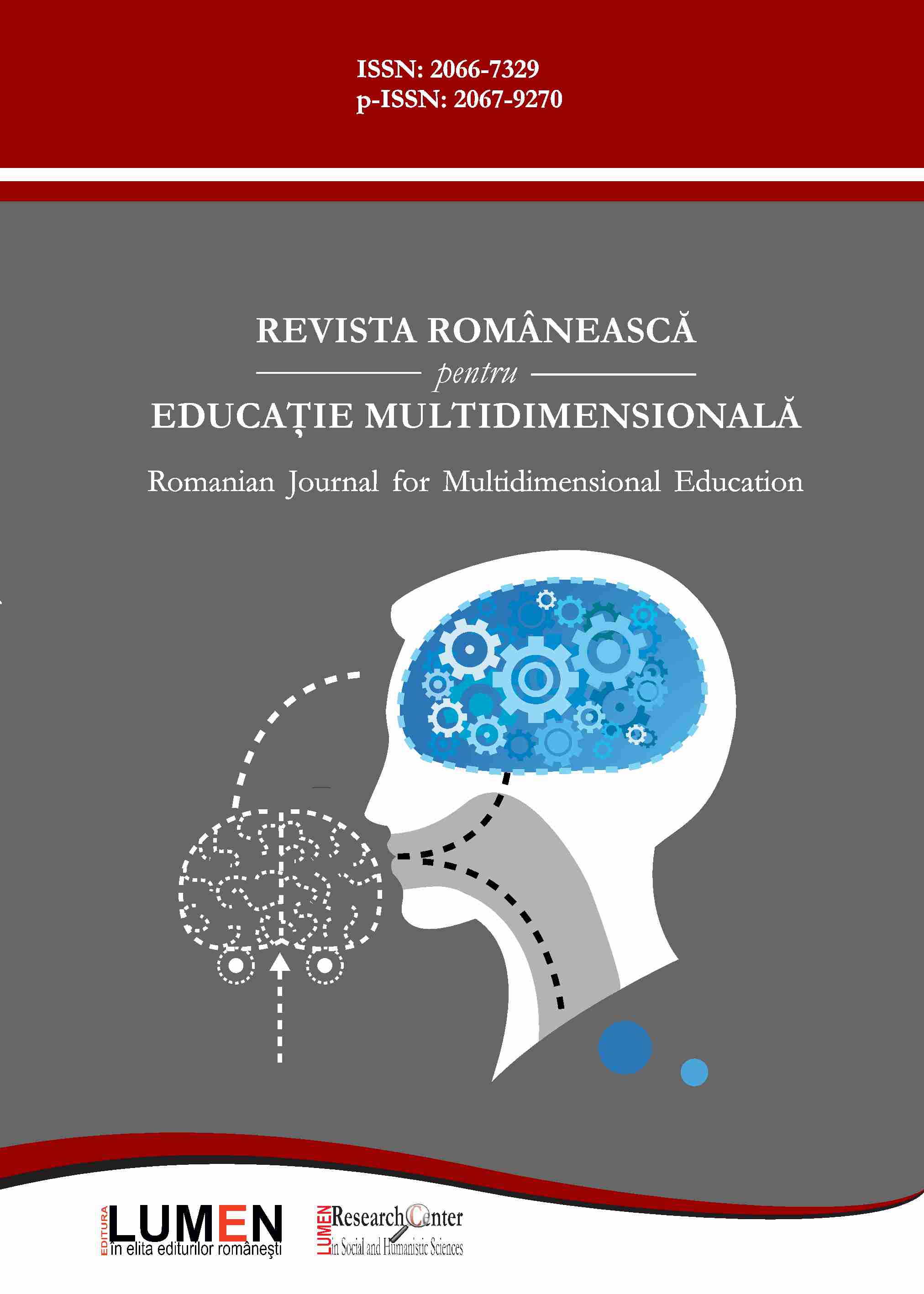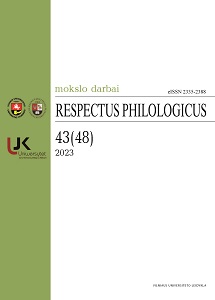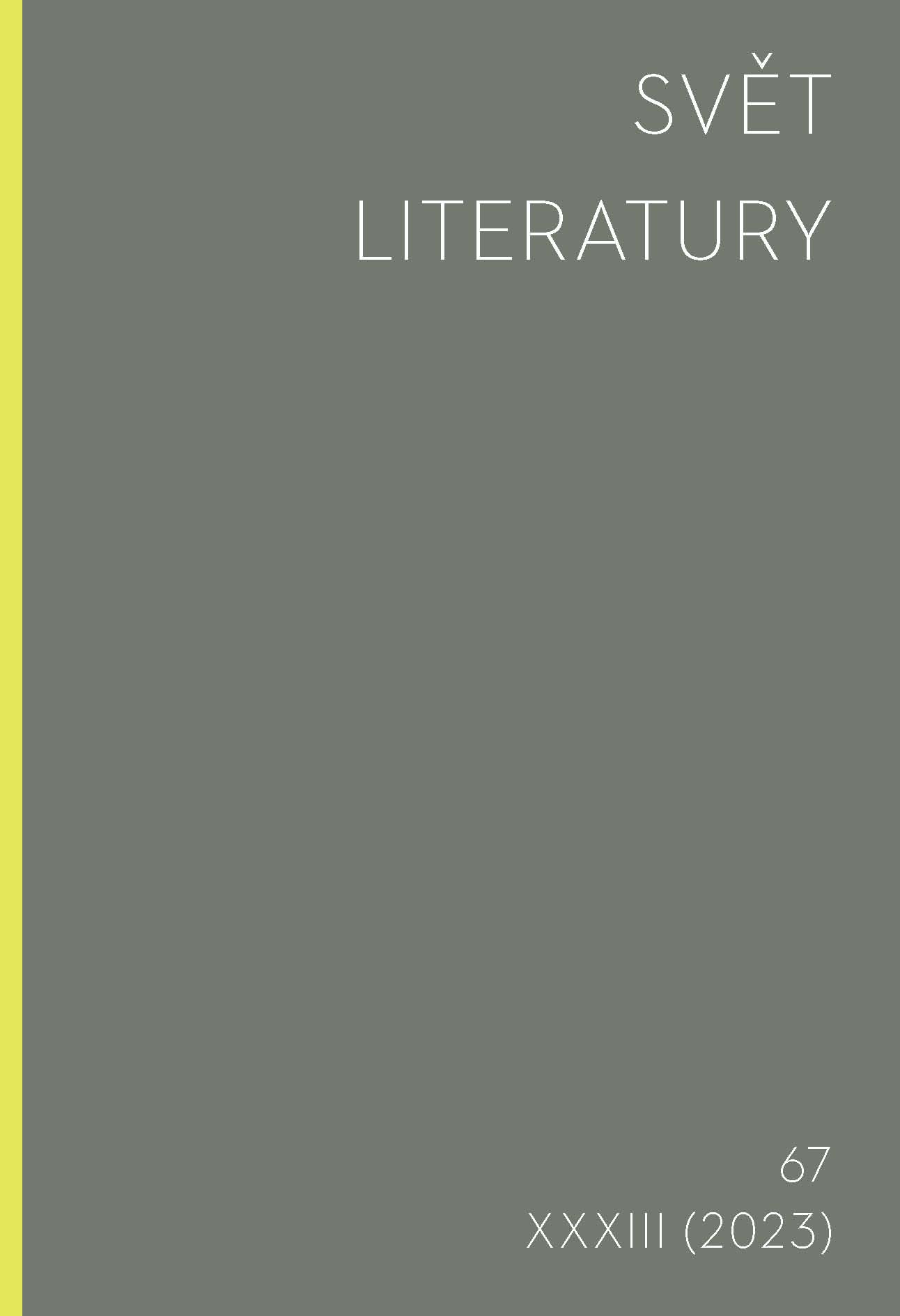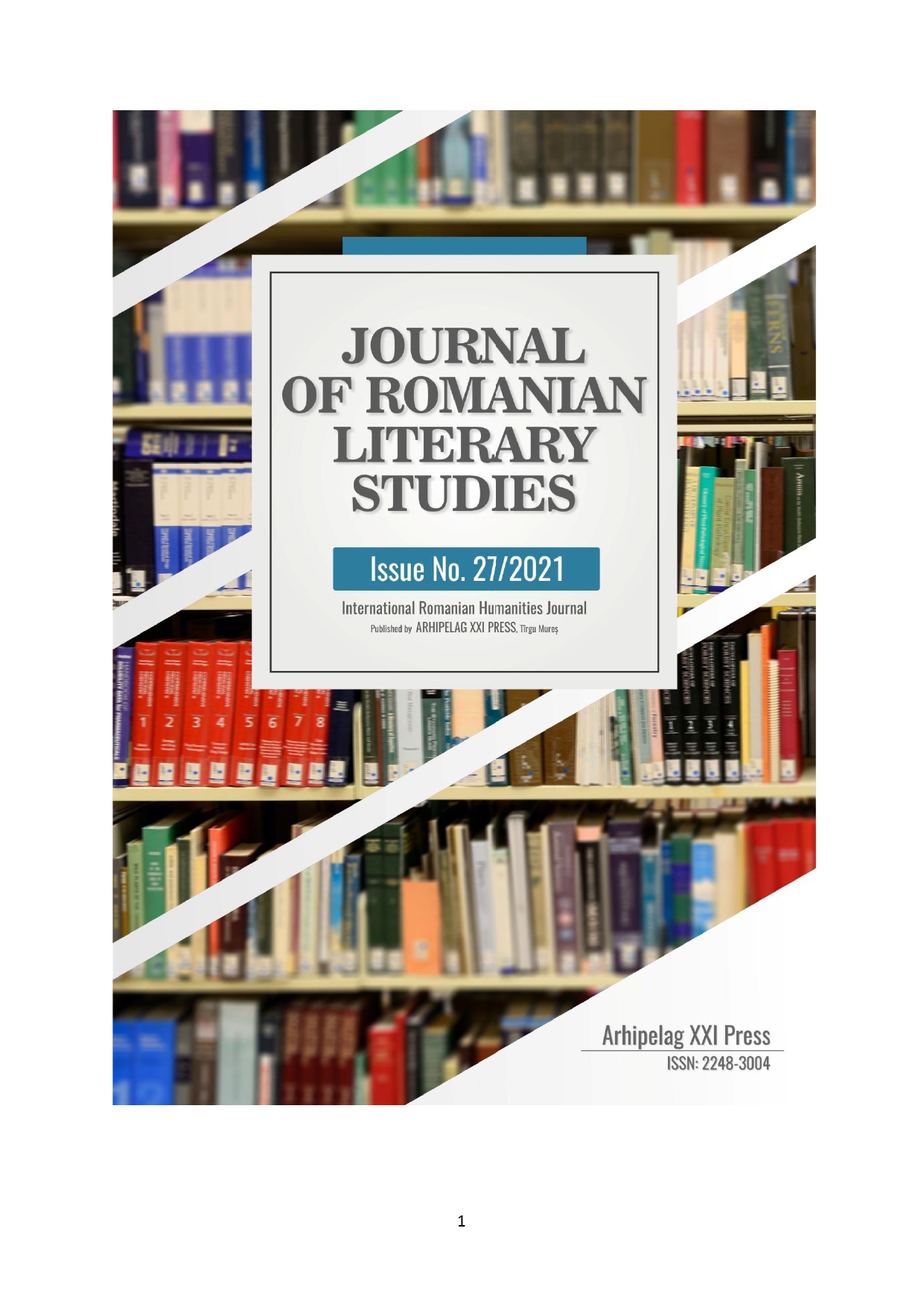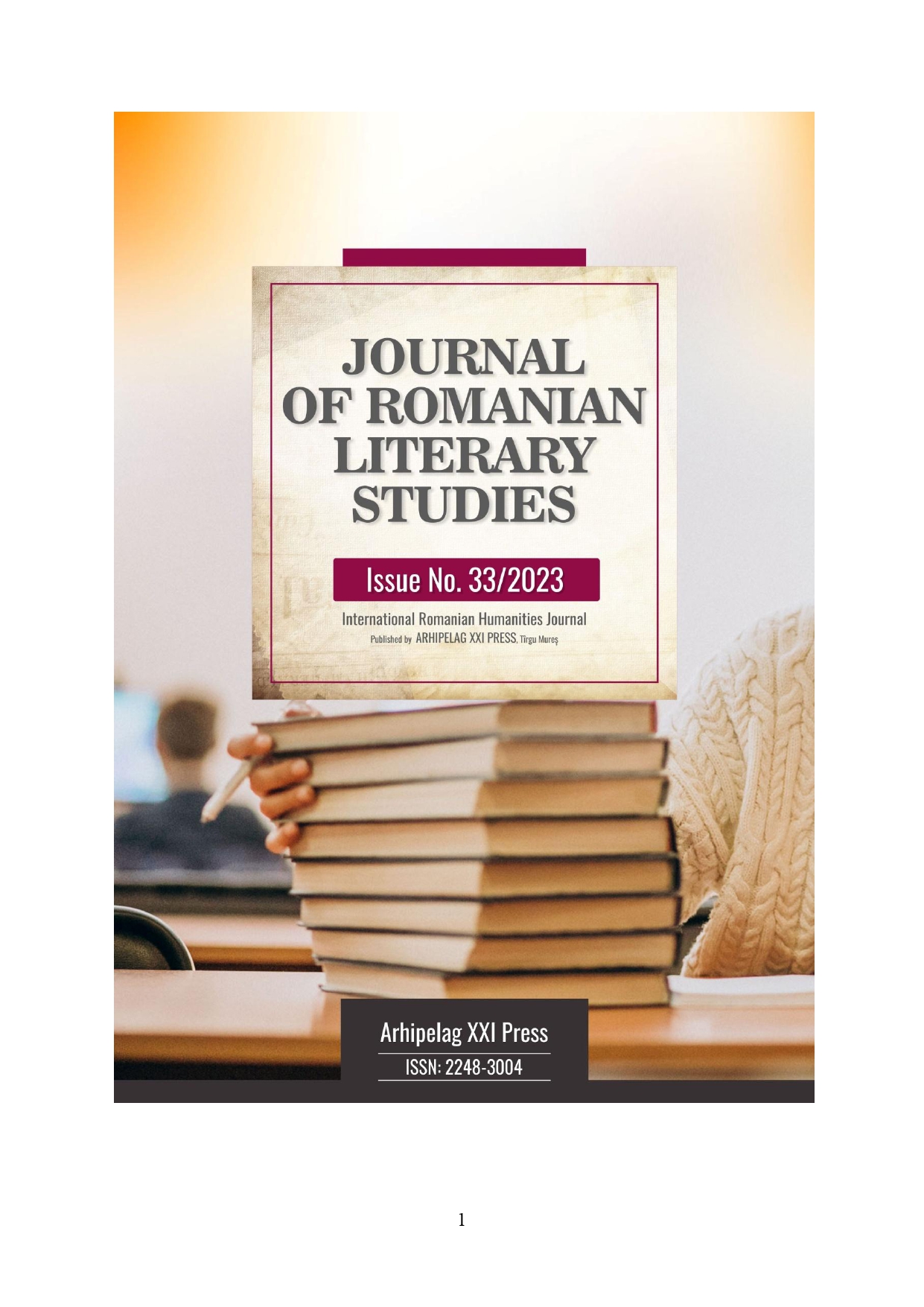Filoloogia vabastamine Exceli käest: Kubofuturistliku uusfiloloogia programm
The first half of the article provides a survey of the main directions of the 20th century divergence of linguistics and literary studies. In the first half of the 20th century, mainstream studies took a synchronic approach to language and literature, addressing language as a system and focusing on individual literary works, their language and style. The mid-century brought a great divergence. Linguistics changed to embrace functionalism, empiricism and objective analysis. Literary studies, however, fell for the postmodern critical theory, which basically questions the quest for objective knowledge. Literary studies focused on modernism and modernist language, leaving linguistics aside. For linguistics, the new norm was corpus-based approach and quantitative analysis. Most of the empirical literary studies of the second half of the century remain classifiable as qualitative micro-analysis.New changes emerged in the 1990s. In literary studies, close reading found a rival called distant reading, while quantitative computer analysis of large corpora established itself beside the traditional qualitative analysis. Linguistics turned to qualitative microanalysis of communication, especially addressing spontaneous dialogue, while conversation analysis was used as the principal method. The second part of the article offers a suggestion how studies of language and literature could be brought together again. The starting point is a real text as a synchronic and empirical object of research. The primary method is qualitative analysis to which the quantitative approach has a subsidiary role. Conversation analysis is suggested as the method to analyse a literary work.There follows a survey of the core concepts (social action, sequence, adjacency pair, processuality, repair) and principles (bottom-up analysis, next-turn proof procedure, analysis of inner context) of conversation analysis. As a practical example, I will use conversation analysis on a fragment of a novel by Oskar Luts. My final postulate is that conversation analysis can be applied to whole literary texts entering a dialogue with the reader.
More...
